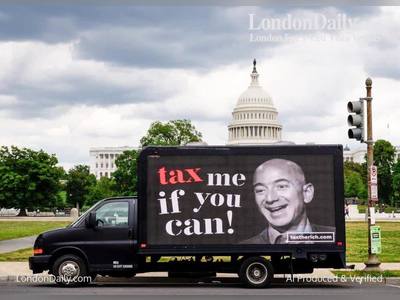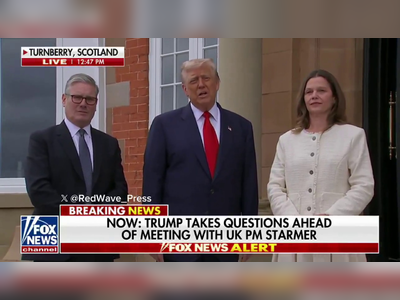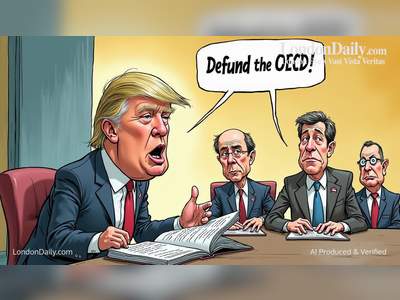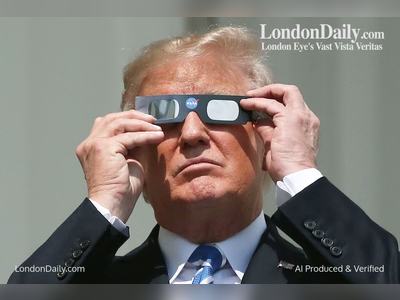Political Dispute Escalates Between Trump and Musk
Financial Implications for Musk's Enterprises
Elon Musk's ventures have historically benefited from substantial government support. Reports indicate that his companies have received approximately thirty-eight billion dollars in federal contracts, loans, subsidies, and tax credits over the past two decades. Notably, SpaceX holds contracts worth around twenty-two billion dollars, while Tesla has benefited from approximately two point eight billion dollars in electric vehicle tax credits.
Legislative Context and Fiscal Concerns
The 'One Big Beautiful Bill' has been a focal point of contention. The Congressional Budget Office estimates that the bill would increase federal deficits by about two point eight trillion dollars over the next decade. Musk has expressed concerns over the bill's potential to exacerbate national debt levels and has suggested the formation of a new political party in response to the legislation.
Market Reaction and Business Impact
The ongoing dispute has had tangible effects on the financial markets. Tesla's stock experienced a decline of over seven percent, reflecting investor apprehension regarding the potential loss of federal support and the broader implications of the political disagreement.
Broader Political Ramifications
This public rift between President Trump and Elon Musk underscores the complex interplay between government policy and private enterprise. The situation continues to evolve, with potential implications for federal contracting practices and the future of government support for private sector initiatives.









